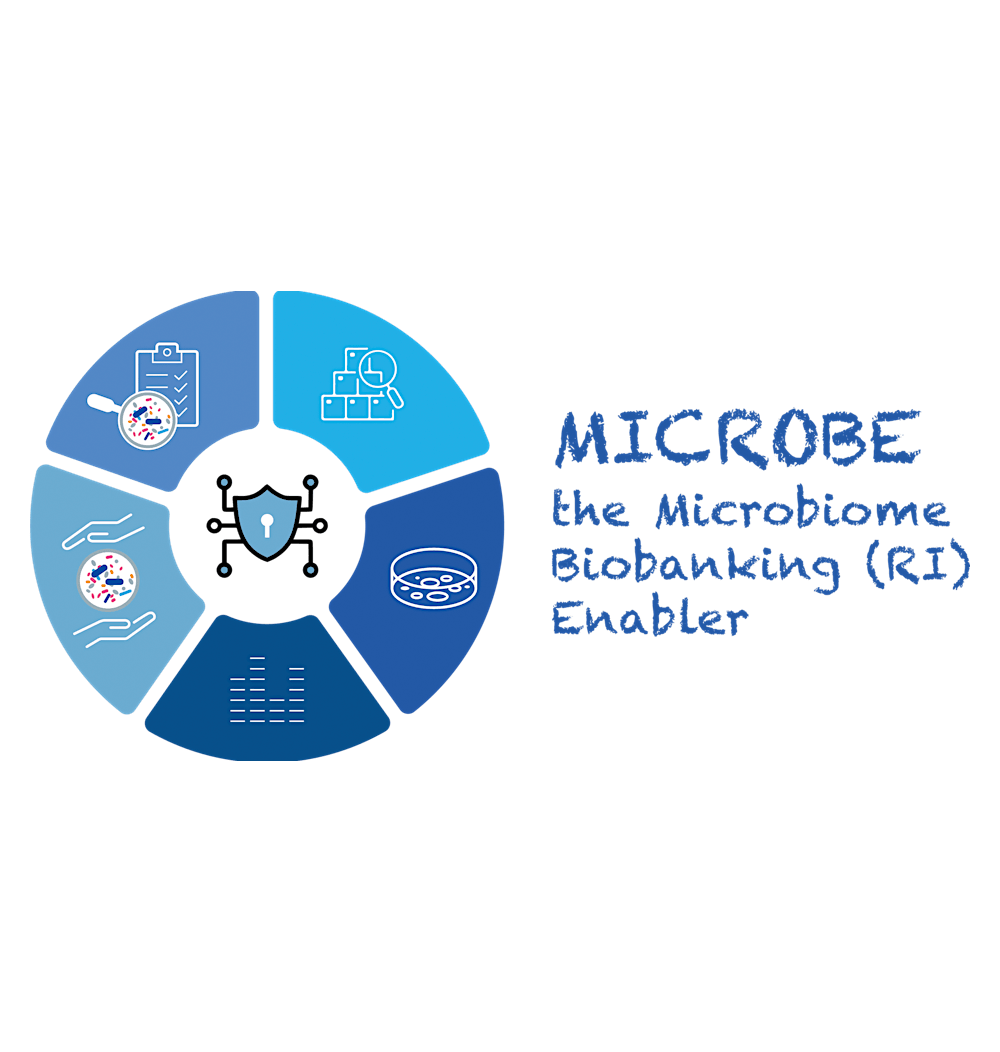The concepts of Keystone taxa and Core Microbiome
Home | Events | Researchers | The concepts of Keystone taxa and Core Microbiome

Online, 15 January 2024.
Microbiomes play a critical role in sustaining life on Earth. However, we still need to fully understand how they form and change over time and space. Obtaining new isolates is an essential step in this process. Concepts like “keystone taxa” and “core microbiota” can guide strategies for isolating, cultivating, and creating synthetic communities. These and other topics will be discussed in the workshop “The concepts of Keystone taxa and Core Microbiome” hosted by the MICROBE consortium.
The MICROBE consortium is an international and interdisciplinary research team that works to preserve and isolate microorganisms. They aim to unite a diverse group of scientists to explore different interpretations of “keystone taxa” and “core microbiota” from ecological, taxonomic, and bioinformatics perspectives. They aim to establish cohesive definitions encompassing all aspects of this complex field, fostering a discussion that advances our understanding of microbiomes.
To subscribe, visit this page: https://www.eventbrite.com/e/microbe-workshop-the-concepts-of-keystone-taxa-and-core-microbiome-tickets-745125790297